The Feline Communication Mystery Unveiled: Understanding the Reasons Behind Excessive Cat Meowing
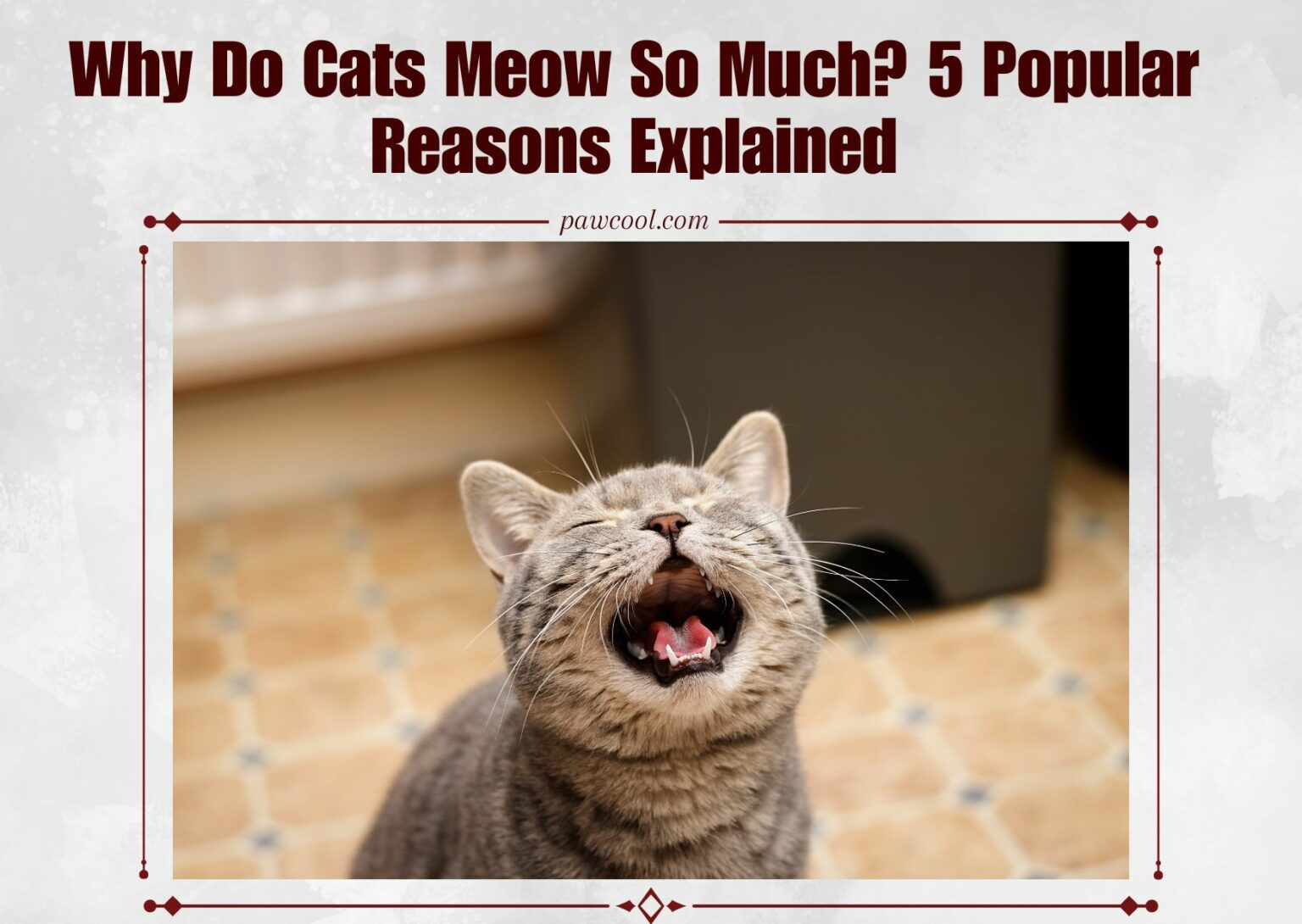
Sharing is Caring!
Introduction
Does your cat’s constant meowing, crying, and yowling have you pulling your hair out wondering “Why do cats meow so much?” You’re not the only one dealing with loud, talkative cats that seem to never stop meowing. But here’s the thing – your cat isn’t just being obnoxious. There are real reasons behind all that vocalization. In this article, we’ll unravel the mysteries behind excessive meowing and get to the bottom of why your cat might meow for no reason or cat won’t stop meowing. With some science-based insight into cat behavior, you can learn to understand the meaning behind all those meows and achieve a quieter relationship with your chatty feline.
Common Reasons for Excessive Meowing – Answering “Why Do Cats Meow So Much?”
Has your cat been driving you nuts with their constant meowing and yowling? More often than not, there are identifiable reasons behind this vocal behavior. Here are some of the most common causes of excessive and loud cat meowing:
- Hunger – One of the most obvious reasons your cat may be meowing up a storm is that they want food. Cats will loudly demand meals or treats with insistent meowing that seems to come “for no reason.” Pay attention to timing – a cat who meows right before their normal mealtimes is likely telling you they are ready to eat. The “why do cats meow for no reason” mystery is often solved when you realize they are simply asking to be fed.

- Boredom and Attention Seeking – An easy way to deal with “Why does my cat meow so much?” is to realize they may just be bored. Cats left alone for long periods with no stimulation will meow for attention and interaction. Interactive playtime is key to quieting an attention-seeking cat.
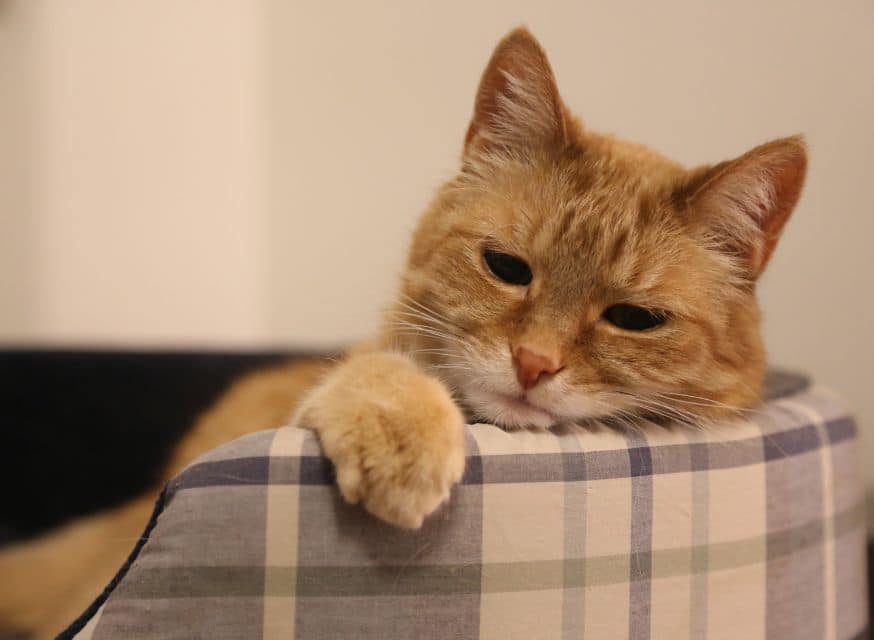
- Stress and Anxiety – Major changes like moving homes, new family members, or different schedules can all cause stress that manifests as excessive vocalization. Cat meowing for long periods can signal discomfort with altered circumstances. Identifying and addressing the root cause of anxiety can help minimize stress meowing.
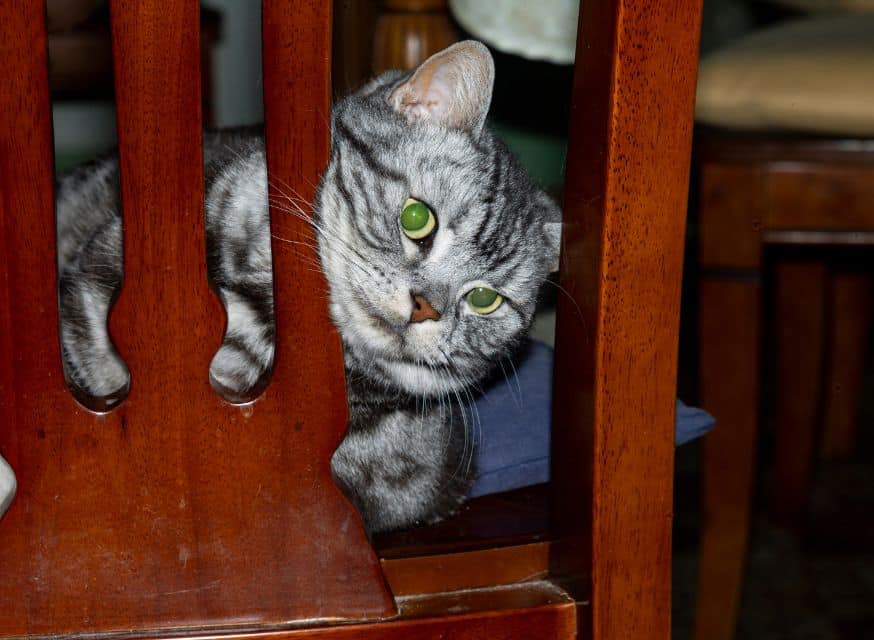
The reasons behind problem-meowing behavior are often straightforward. By understanding your cat’s needs, you can take steps to reduce the meowing and restore peace and quiet.
Medical Causes of Nonstop Meowing
While things like hunger and boredom are common reasons for excessive meowing, sometimes vocalizations can signal an underlying medical problem. Here are some health-related causes when cat meowing nonstop:
- Illness – If your cat meows loudly and persistently, it could be a sign of a physical ailment. Conditions like dental disease, urinary tract infections, arthritis and more can cause pain and discomfort that cats communicate through constant vocalization. If your cat doesn’t stop meowing get them checked out by a vet to identify and address any illness.
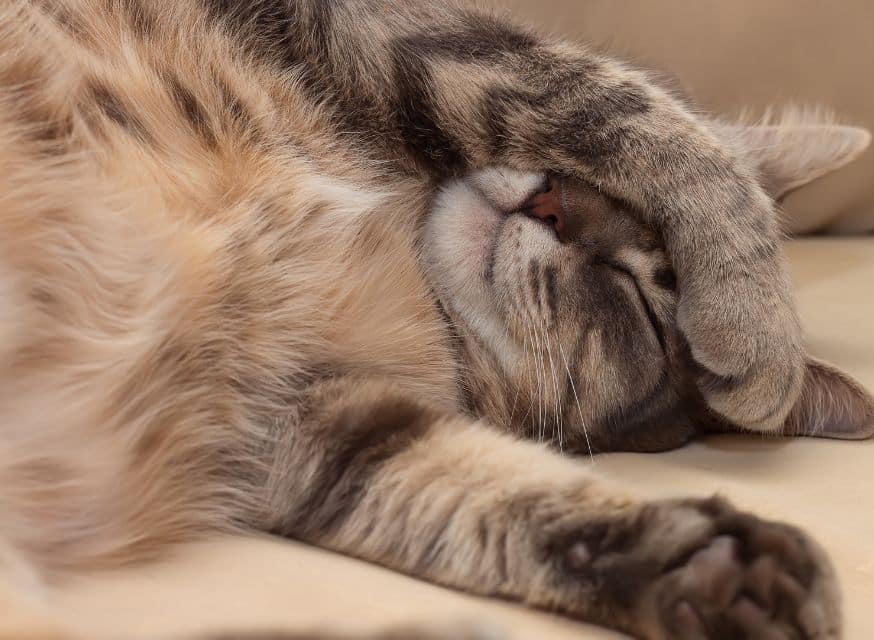
- Cognitive Decline – Senior cats experiencing mental decline and confusion will often meow excessively. Disorientation from conditions like feline dementia can cause anxious vocalizing. A vet exam can determine if age-related cognitive issues are causing your elderly cat to meow constantly.
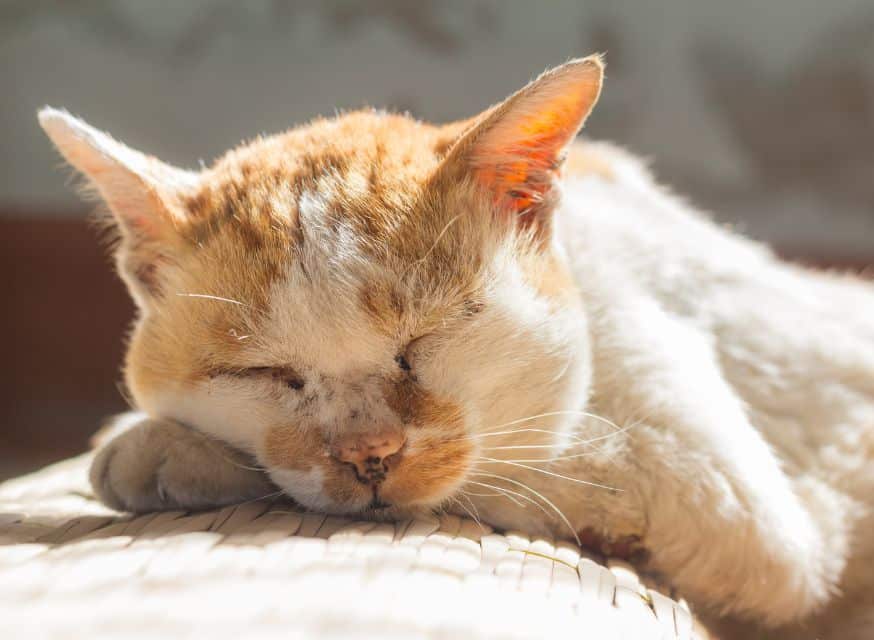
While intermittent meowing is normal, nonstop cries, wails, or howling warrant a trip to the vet. If your cat meows nonstop even when their basic needs are met, there may be an underlying medical reason that needs veterinary attention. Identifying and treating health issues can help resolve chronic loud meowing.
Tips to Reduce Excessive Meowing
If your cat won’t stop meowing and you find yourself wondering “Why does my cat keep meowing?“, trying the following tips can help diminish excessive vocalizations:
- Provide interactive playtime – Bored cats will meow for attention. Dedicate at least 20-30 minutes daily to structured play sessions using toys that make your cat run and jump. This provides vital exercise and mental stimulation.
- Environmental enrichment – Ensure your cat has adequate enrichment in their environment like cat trees, cat scratching posts, food puzzles, and windows to look out. A stimulating, comfortable home reduces boredom and anxious meowing.
- Address medical issues – Take your cat to the vet to rule out illness, pain, or cognitive decline if you can’t identify the cause of cat meows non stop. Treating health problems can resolve distress vocalizations.
- Ignore attention-seeking meows – For cats who meow persistently for attention, ignore them when they vocalize demands. Only give them attention when they are quiet. This avoids rewarding negative behavior.
Making a few simple lifestyle changes can dramatically reduce chronic and excessive cat meowing. The key is determining the underlying reason behind the behavior in the first place.
Conclusion
Getting to the bottom of excessive meowing requires patience and understanding your cat’s needs. While constant vocalization is frustrating, it’s rarely without cause – whether hunger, boredom, stress, or illness. So next time you find yourself bewildered, asking “Why do cats meow so much?“, don’t despair.
Address the root reasons behind the behavior through care and environmental enrichment. Meet your cat’s needs for food, stimulation, veterinary attention if required, and ample love. With time, effort, and science-based insight into cat behavior, you can decode the mysteries behind perplexing meowing. A little detective work leads to a quieter, happier home for both feline and human.
Sharing is Caring!
About The Author
PawCool Team
Related Categories: Cat Health & Care | Cat Stories | Cats
Latest Articles

Never Miss A Thing!
All pet stories & guides you care about








